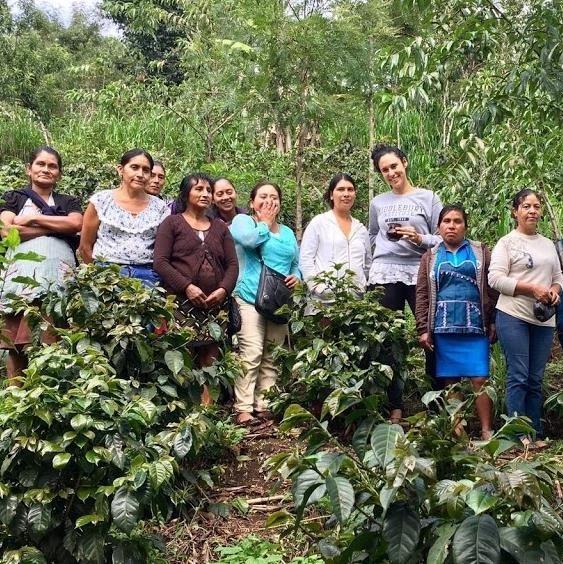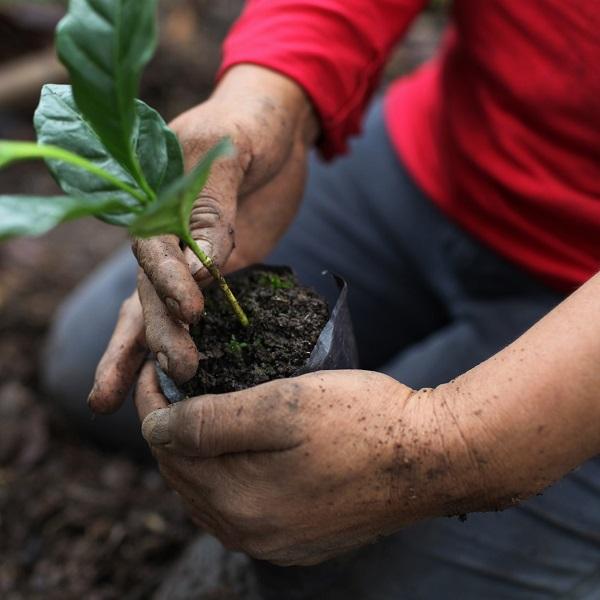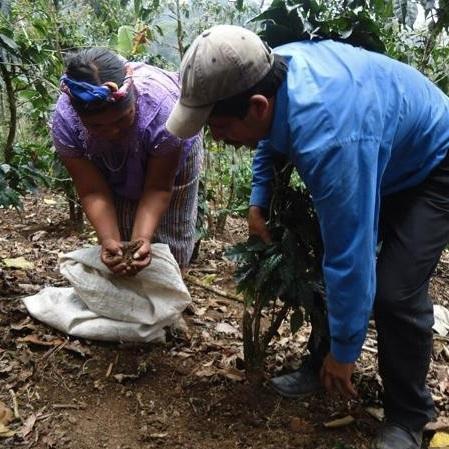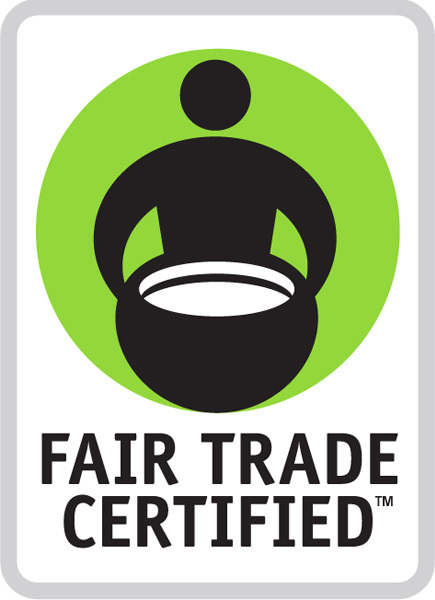Connections Through Coffee: a Journey to Guatemala
Connections Through Coffee: a Journey to Guatemala
As a master’s student studying ethical business models and international development, I am often assigned case studies with the goal of delivering innovative solutions to global issues like poverty, climate change, and human rights violations. Through this work I learned a great deal, but it left me wondering what life is really like for people living the daily realities I was researching. The more I looked into supply chains and discovered the huge gaps between what we as consumers pay for goods and what the producers themselves receive for their labor, the more I realized that pay isn’t enough to truly have an impact on a farmer’s life. What I found so innovative about the Fair Trade model is that in addition to paying farmers a fair wage, Fair Trade certifiers also pay the cooperatives an additional income. This additional money is called a Community Development Fund, and it's invested in social projects that benefit the entire community as decided by the farmers themselves. As a business student studying finance and impact investing, I was hooked.
In collaboration with Fair Trade Certified, I put together a plan to visit several coffee cooperatives with the goal of learning more about the positive effects and long-term benefits of Fair Trade Community Development projects.
CODECH Coffee Cooperative
Located in the mountains of Huehuetenango, Guatemala, CODECH is a large organization that represents 10 communities across four small organizations with 437 producers, of which 112 are females. The organization supports many local projects and has different areas of focus, including environmental awareness programs, microfinance loans, and social projects.
After sitting in on one of the Board of Directors' monthly meetings, which also included technicians, legal advisors, accountants, and presidents of each organization, I had a moment to speak with the President of CODECH directly. He explained to me that, “When CODECH began to get involved with producers in other regions, we began to see the opportunities coffee presented our local communities, but the coyotes (local coffee buyers) took advantage of us and so we couldn’t make a living selling coffee. Since achieving Fair Trade certification, we have had access to a bigger market, more collaboration, and can now reap the benefits of our hard work.”
All the CODECH members I spoke with touted access to international markets and Community Development Funds as the most important elements of the Fair Trade model. Because of Fair Trade, many groups are now able to export internationally and have formed partnerships with international buyers, like a group from Finland who provided them with dryers for their beans to counteract the humidity in high altitude growing regions. In addition, organizations like Oxfam International have supported other agricultural activities such as growing peas and potatoes to exported abroad, which would not have been possible without the support and collaboration provided by Fair Trade.
According to Marcos de Marcos Gaspar, President of Adipy, a small coop that is part of CODECH, “The premium projects we focused on this year after coming to a vote in each organization’s board was to give away eight coffee plants to each producer who sold at least 100 kg of coffee. We came to this decision together with 18 groups in Guatemala through the help of our regional Guatemalan Fair Trade coordinator three years ago. In a series of meetings, we formulated a strategic plan and began buying seeds in other regions of the country to grow the coffee plants. This program allows the producers to generate more income and also helps the organization as a whole grow, so everyone benefits.”
It takes about three years for a coffee plant to start producing coffee cherries, so naturally the farmers were very excited to get new plants instead of seeds. It was an amazing experience to get to see the excitement on the farmers’ faces as they picked up their coffee plants, which to them symbolize a better life for their families and a future for their farms.
This year, CODECH gave away 5,000 plants to 110 producers.
Mario Ramirez, a board member of CODECH, added that a large part of the Community Development Funds are also allocated to trainings for farmers.
“Last year alone, we gave seven trainings to 315 farmers," he said. "Through the premiums, we can offer food, which is crucial because most of the producers are here all day and can’t afford lunch. In addition, we provide our coffee at the trainings so the producers understand the quality of their crop and have begun drinking it themselves! It is CODECH’s goal not to only export their delicious beans, but to someday be able to sell them here in the communities as well, but to do that, we need to first teach them what good coffee is.”
Throughout my time with CODECH, I learned what an enormous amount of effort it takes to grow coffee, making it so important to encourage and stimulate small producers. Through farmer support and training programs, CODECH is able to reach more producers, affect more livelihoods, and provide more training and capacity-building skills so that their entire community benefits.
This is one of the many reasons why Fair Trade matters: so that small-holder farmers can compete on the global market and receive an additional amount of income on top of a higher price for quality coffee. By purchasing Fair Trade coffee, we are helping to have a long-lasting impact on farmers’ lives, not simply through wages that feed farmers today, but through Fair Trade Community Development projects that help feed them for years to come.




